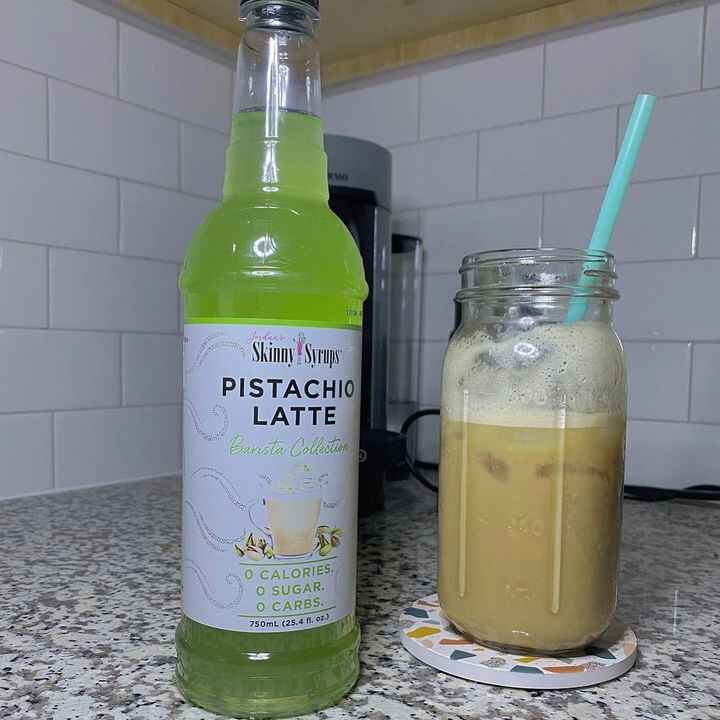It depends on why you’re taking a barista course. You may go and learn about the history of coffee and, of course, try making coffee in a variety of ways. Depending on the firm, you will likely receive training if you plan to work as a coffee aficionado. There is no harm done if you are interested and are doing it for fun.
While undergoing barista training, you will study the fundamentals of coffee, its production, tools, and other related topics. The greatest place to start is to have the right frame of mind for learning; if you clearly love coffee and are eager to put in the time to study, you should be okay.

Barista Education
With any barista course, you will receive practical training during the courses, which are often conducted in a fun and friendly setting. It is best to have extensive knowledge of coffee and coffee preparation. Once you have a thorough understanding of coffee, you can relate it to clients and determine what they will enjoy and dislike. For starters, you can visit Wisdom Foods and get some insights.
As the saying goes, “We eat with our eyes,” meaning that aesthetically it has to appear gorgeous for anyone, or a customer, to desire to drink it, you will also master the art of flawless presentation. You will begin with latté art, the designs you may produce using the milk you are given to bind the foam together to create lovely patterns ranging from hearts to ocean-like waves – which will draw more attention to your coffee. You will learn how to make coffee and create latte art from the baristas, and hopefully, by the end, you will be an expert.
Advanced Training
The essential fundamentals will not be covered in an advanced training course because you are likely already familiar with them, especially if you have already completed that level of instruction. One of the many topics you will examine in greater detail is how to use scales, timings, and ratios to develop your own brew recipes. Grinding methods for fine-tuning particular, more honed recipes or other filter brewing apparatus can vary according on what you employ.
The essential components of a great cup of coffee have already been discussed, but one more component remains: milk. However, the advanced method will teach you how to make coffee using alternative milks, such as soy, oat, and other plant-based milks, which are likely to brew and heat differently than cow’s milk. The final step is quality control, where your palate will be put to the test to find problems with the coffee you’re tasting and errors based on what the instructor has told you. The instructor may try to lead you astray by making you become familiar with the tastes of all different kinds of ingredients.

